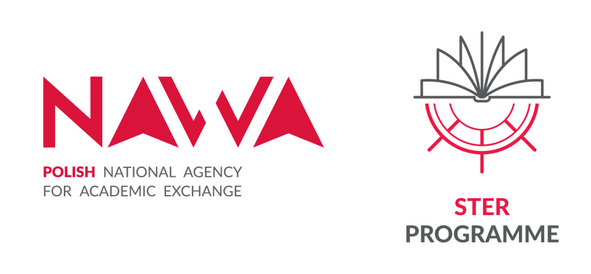Research activities cover a wide range of subjects related to innovative investigations and modern approaches to transmission and impacts of microorganisms within the natural/built environment on human health.
Research in this field focuses on the following aspects:
- Improve understanding of the microbial community within the built/natural environment and sources of microbiomes that are relevant to human health and the human microbiome;
- Elucidation of the transmission of infectious microorganisms in a variety of built/natural environments (environmental-based epidemiology);
- Better understanding of the link between exposure to microorganisms (exposure routes, coexposures, doses) and the development of potential health impacts (beneficial or adverse) at every stage of human life;
- Distinguish among the microbial and nonmicrobial exposures effects and the timing of symptom onset for future mitigations strategies;
- Identification of how complex and mixed exposures that occur routinely in the built/natural environments (such as exposures to multiple microorganisms and combinations of microorganisms and chemicals) can affect human health;
- Developing modes of transmission for respiratory/waterborne pathogens and other emerging microorganisms in the built/natural environments;
- Gain further understanding of the beneficial/adverse impacts of exposures to microbial communities on human health.
Research works have experimental, technical and theoretical characters.


